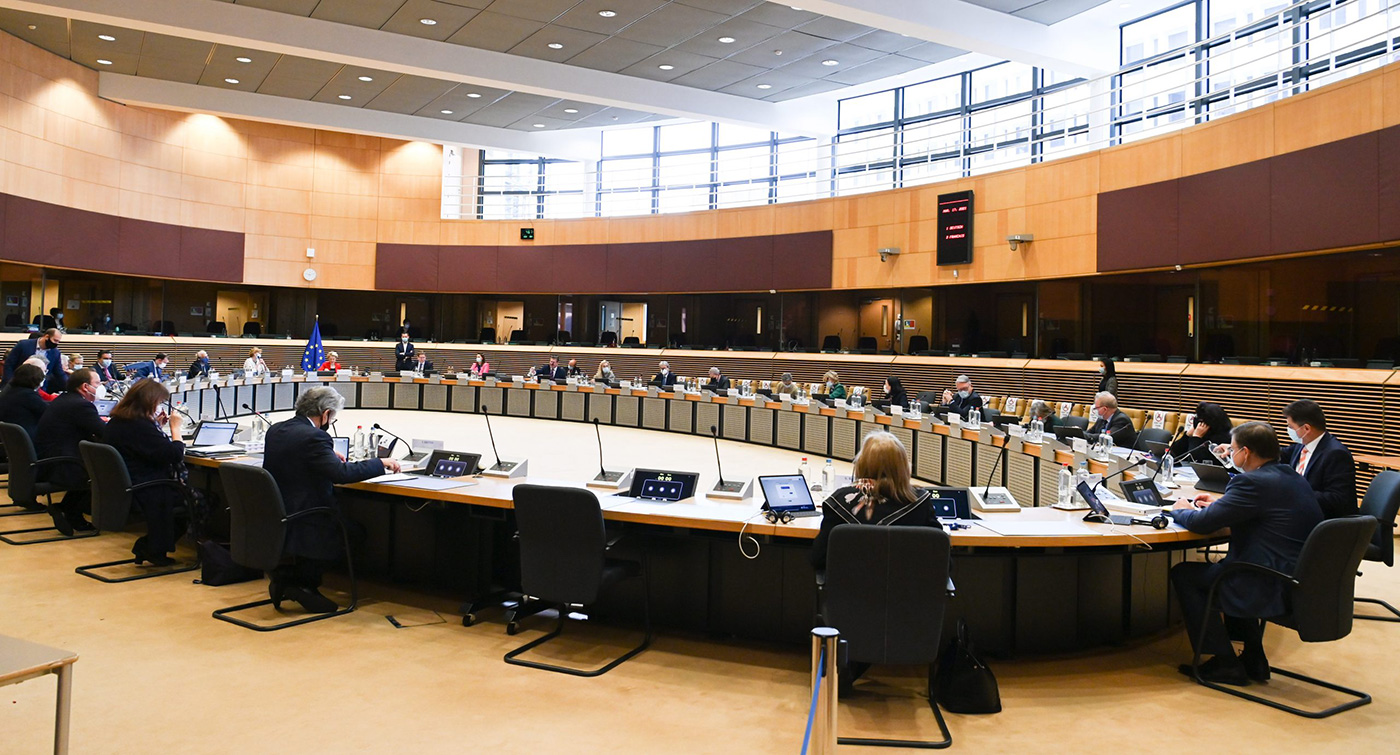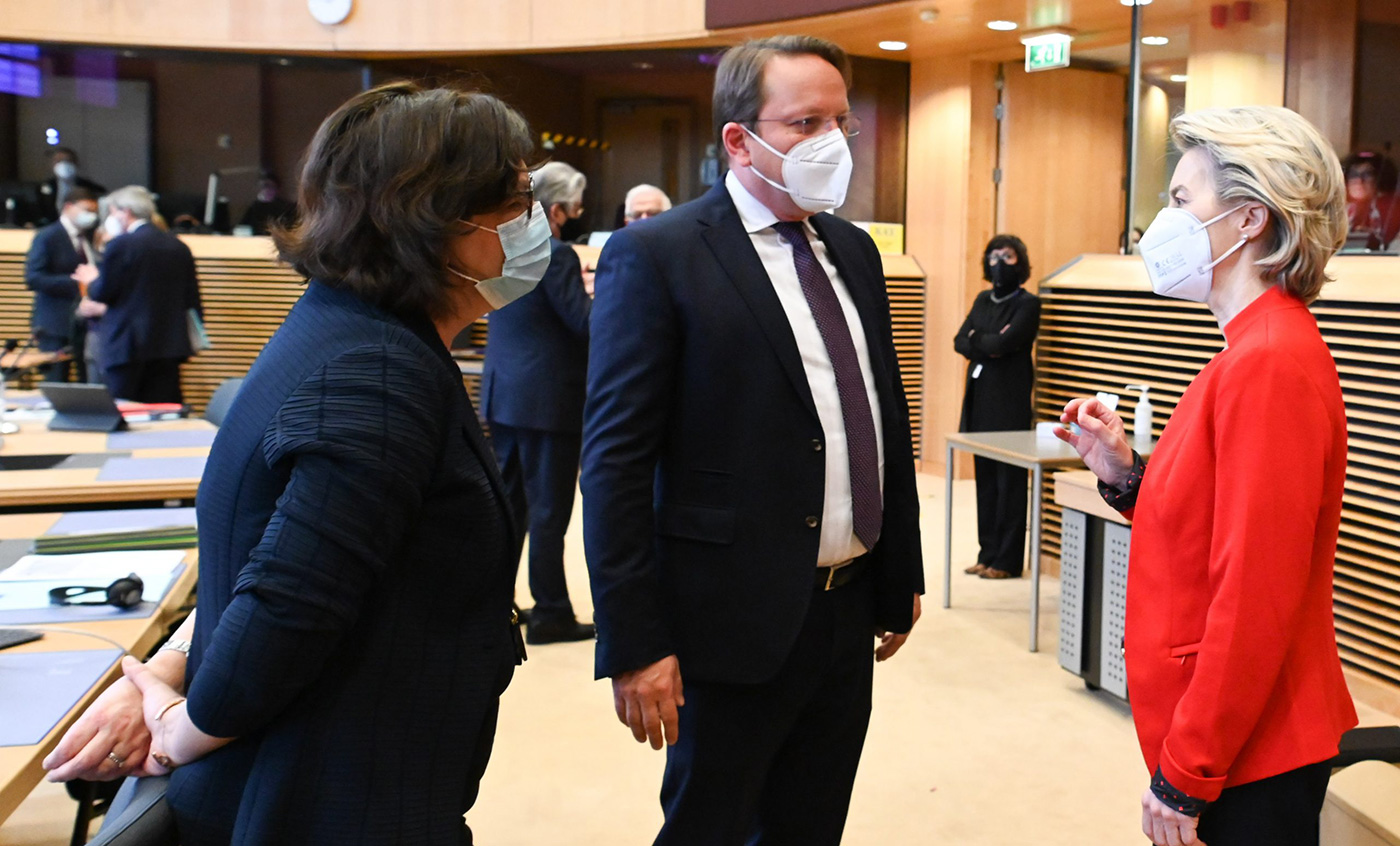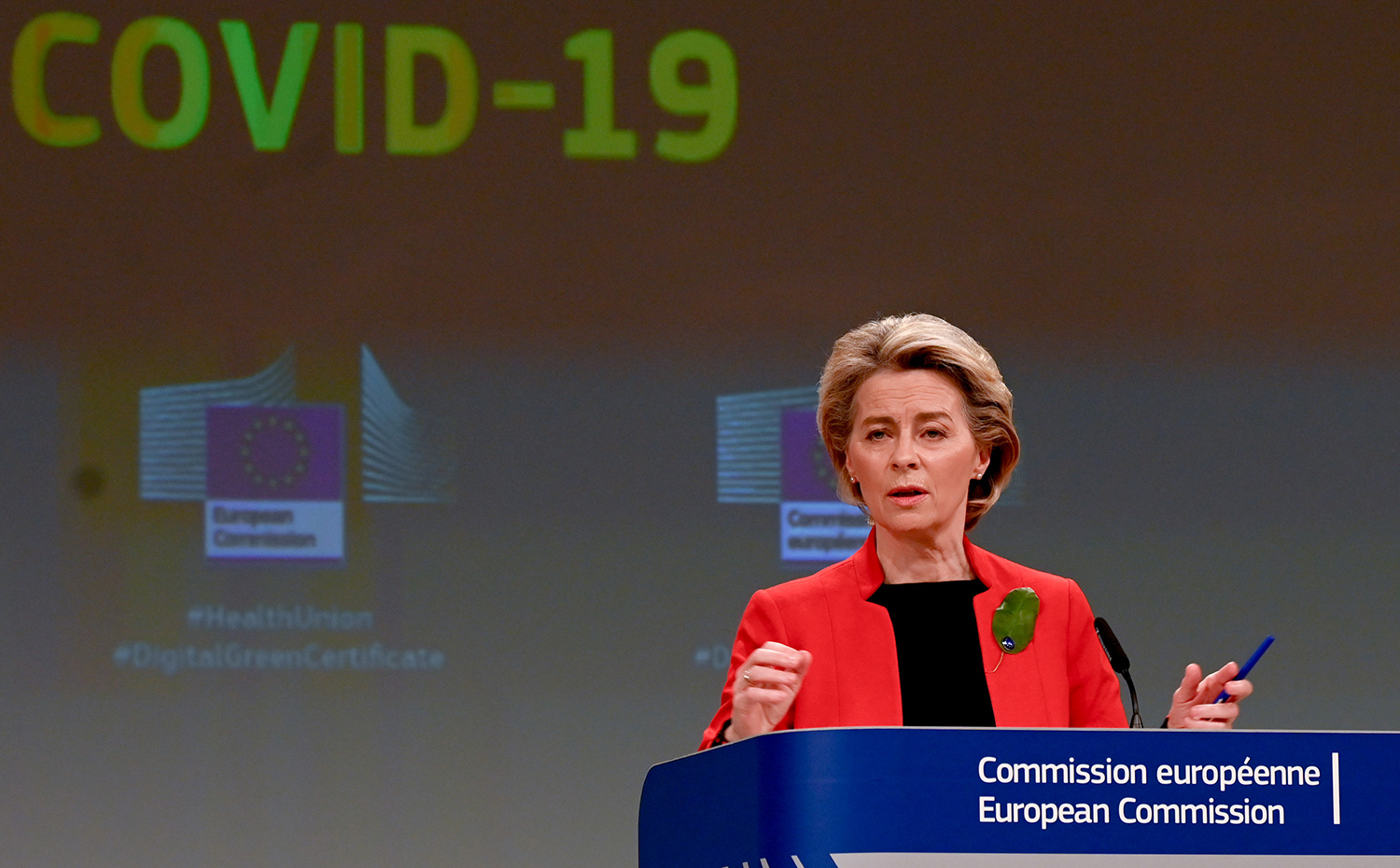Today the European Commission is proposing to create a Digital Green Certificate to facilitate safe free movement inside the EU during the COVID-19 pandemic. The Digital Green Certificate will be a proof that a person has been vaccinated against COVID-19, received a negative test result or recovered from COVID-19. It will be available, free of charge, in digital or paper format. It will include a QR code to ensure security and authenticity of the certificate. The Commission will build a gateway to ensure all certificates can be verified across the EU, and support Member States in the technical implementation of certificates. Member States remain responsible to decide which public health restrictions can be waived for travellers but will have to apply such waivers in the same way to travellers holding a Digital Green Certificate.

Vice-President for Values and Transparency, Věra Jourová said: “The Digital Green Certificate offers an EU-wide solution to ensure that EU citizens benefit from a harmonised digital tool to support free movement in the EU. This is a good message in support of recovery. Our key objectives are to offer an easy to use, non-discriminatory and secure tool that fully respects data protection. And we continue working towards international convergence with other partners.”
Commissioner for Justice, Didier Reynders, said: “With the Digital Green Certificate, we are taking a European approach to ensure EU citizens and their family members can travel safely and with minimum restrictions this summer. The Digital Green Certificate will not be a pre-condition to free movement and it will not discriminate in any way. A common EU-approach will not only help us to gradually restore free movement within the EU and avoid fragmentation. It is also a chance to influence global standards and lead by example based on our European values like data protection.”

Key elements of the regulation proposed by the Commission today:
- Accessible and secure certificates for all EU citizens:
- The Digital Green Certificate will cover three types of certificates –vaccination certificates, test certificates (NAAT/RT-PCR test or a rapid antigen test), and certificates for persons who have recovered from COVID-19.
- The certificates will be issued in a digital form or on paper. Both will have a QR code that contains necessary key information as well as a digital signature to make sure the certificate is authentic.
- The Commission will build a gateway and support Member States to develop software that authorities can use to verify all certificate signatures across the EU. No personal data of the certificate holders passes through the gateway, or is retained by the verifying Member State.
- The certificates will be available free of charge and in the official language or languages of the issuing Member State and English.
- Non-discrimination:
- All people – vaccinated and non-vaccinated – should benefit from a Digital Green Certificate when travelling in the EU. To prevent discrimination against individuals who are not vaccinated, the Commission proposes to create not only an interoperable vaccination certificate, but also COVID-19 test certificates and certificates for persons who have recovered from COVID-19.
- Same right for travellers with the Digital Green Certificate –where Member States accept proof of vaccination to waive certain public health restrictions such as testing or quarantine, they would be required to accept, under the same conditions, vaccination certificates issued under the Digital Green Certificate system. This obligation would be limited to vaccines that have received EU-wide marketing authorisation, but Member States can decide to accept other vaccines in addition.
- Notification of other measures – if a Member State continues to require holders of a Digital Green Certificate to quarantine or test, it must notify the Commission and all other Member States and explain the reasons for such measures.
- Only essential information and secure personal data:
- The certificates will include a limited set of information such as name, date of birth, date of issuance, relevant information about vaccine/test/recovery and a unique identifier of the certificate. This data can be checked only to confirm and verify the authenticity and validity of certificates.
The Digital Green Certificate will be valid in all EU Member States and open for Iceland, Liechtenstein, Norway as well as Switzerland. The Digital Green Certificate should be issued to EU citizens and their family members, regardless of their nationality. It should also be issued to non-EU nationals who reside in the EU and to visitors who have the right to travel to other Member States.
The Digital Green Certificate system is a temporary measure. It will be suspended once the World Health Organization (WHO) declares the end of the COVID-19 international health emergency.
Next Steps
To be ready before the summer, this proposal needs a swift adoption by the European Parliament and the Council.
In parallel, Member States must implement the trust framework and technical standards, agreed in the eHealth network, to ensure timely implementation of the Digital Green Certificate, their interoperability and full compliance with personal data protection. The aim is to have the technical work and the proposal completed in the coming months.



